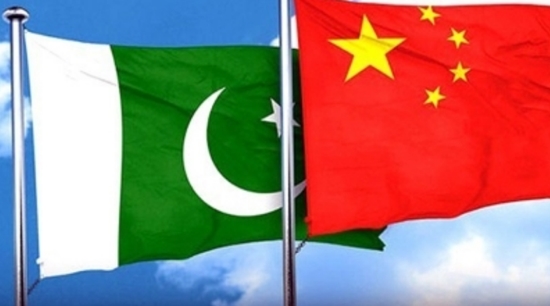
The government of Pakistan is learning to respond to protests and dissent in a way that combines tried-and-true tactics of repression with enhancements that “seem heavily influenced by its subservient and dependent relationship with Beijing” (India New England News, August 6, 2024).
Drawing from China’s methods to suppress minorities and stifle political dissent, Pakistan’s military-dominated establishment, led by Shehbaz Sharif’s political executive, has recently sanctioned the creation of a national digital firewall.
Although the installation process began earlier, the Pakistani government officially acknowledged it on June 30, framing it as essential for filtering “propaganda and unwanted content” and countering “digital terrorism”.
This firewall, sourced from China, effectively grants the Pakistani state the authority to regulate social media platforms and restrict citizen access to crucial socio-political sites like Facebook, Instagram, YouTube, and TikTok.
It also allows government agencies to trace individual IP addresses, which Pakistani officials label as primary sources of ongoing “anti-state propaganda” targeting the country both within and beyond its borders.
One part of the government’s program is doing what it can to cripple virtual private networks (VPNs), which Pakistanis have been using to securely circumvent the expanding digital censorship.
In February 2024, Pakistan banned Twitter, and using a VPN is the only way “for human rights and opposition activists to report ongoing repression from Islamabad to Parachinar to Gwadar” on Twitter. A determined government can do much to make VPNs harder to use, albeit without quite reaching the holy grail of making them impossible to use altogether.
Pakistan is also reportedly building a network of “Chinese-inspired” detention centers, which, if the comparison is apt, means torture-and-killing centers.





